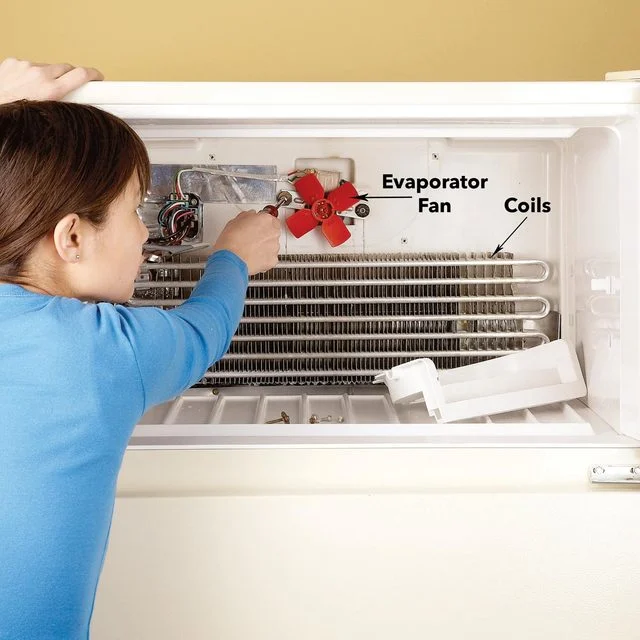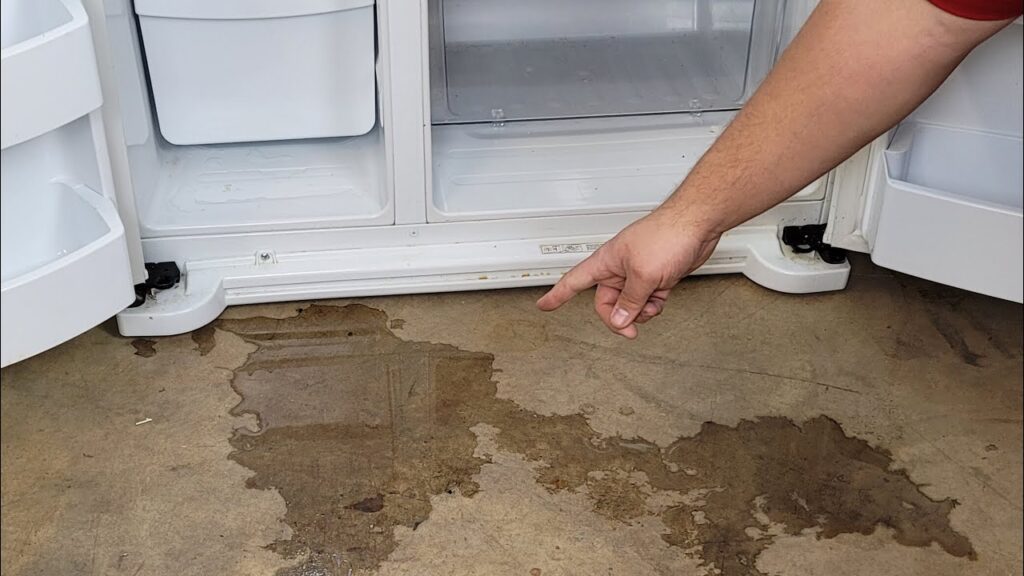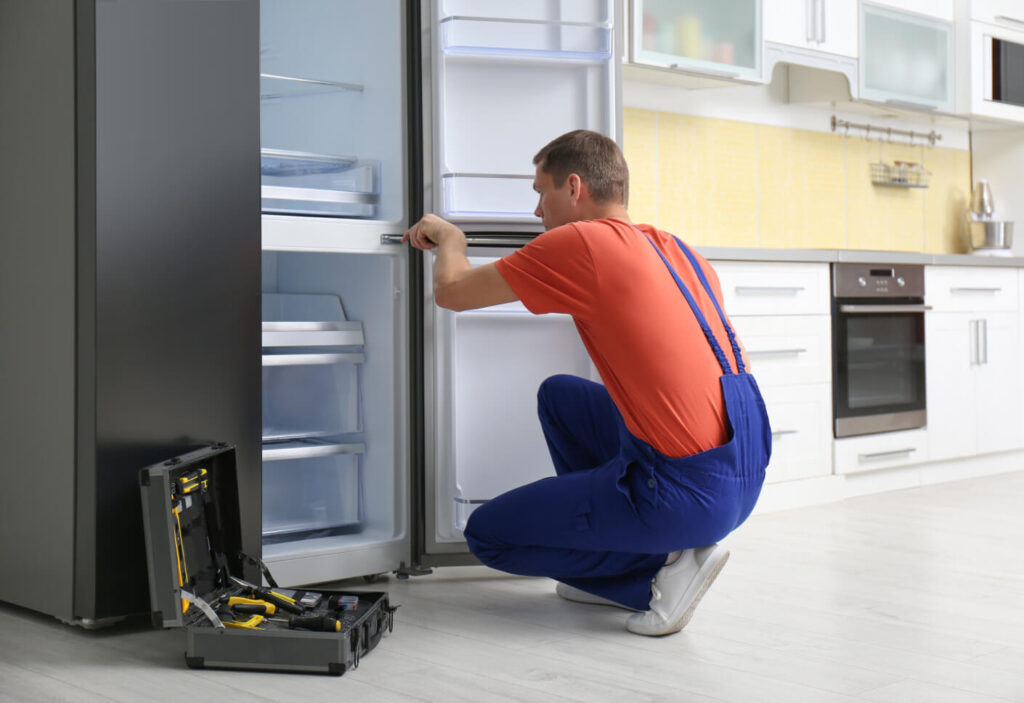Refrigerators are essential appliances in every household, keeping our food fresh and safe. However, like any mechanical device, refrigerators can encounter problems over time. Understanding common issues and how to address them can save you money on repairs and help maintain your appliance’s efficiency. In this guide, we’ll explore frequent refrigerator problems, their causes, and practical solutions.
Why Refrigerators Develop Problems
Before diving into specific problems, it’s important to know why refrigerators sometimes stop working correctly. Refrigerators rely on complex systems including compressors, thermostats, fans, and seals to maintain the right temperature. Wear and tear, lack of maintenance, or faulty parts can lead to malfunctions.
Common Refrigerator Problems
1. Refrigerator Not Cooling Properly

One of the most common complaints is when the fridge isn’t cooling enough. This can cause food spoilage and increased energy bills.
Causes:
- Dirty condenser coils
- Faulty evaporator fan
- Broken thermostat
- Low refrigerant levels
How to Fix:
- Clean condenser coils: Dust and dirt on coils reduce efficiency. Unplug the fridge and clean coils with a brush or vacuum every six months.
- Check the evaporator fan: Listen for fan operation inside the freezer. Replace if faulty.
- Test thermostat: Adjust settings and test. Replace if it’s not responding.
- Call a technician: Low refrigerant requires professional handling.
2. Refrigerator Making Loud Noises
Unusual noises can be alarming and usually indicate an underlying problem.
Causes:
- Worn-out evaporator or condenser fan motor
- Loose parts or debris
- Faulty compressor
How to Fix:
- Inspect fans: Clean or replace if they’re noisy or not spinning properly.
- Tighten loose components: Check screws and panels.
- Call a professional: Compressor issues require expert diagnosis.
3. Water Leaking Inside or Outside the Refrigerator

Leaks can cause damage to floors and indicate drainage or sealing problems.
Causes:
- Clogged defrost drain
- Damaged door seals
- Improper leveling of the refrigerator
How to Fix:
- Clear defrost drain: Use warm water or a pipe cleaner to remove clogs.
- Check door seals: Clean seals and replace if cracked or broken.
- Level the appliance: Adjust feet to ensure water flows to the drain pan correctly.
4. Refrigerator Freezing Food
If food items freeze unexpectedly in the fridge section, it’s usually a temperature control issue.
Causes:
- Incorrect thermostat setting
- Malfunctioning temperature control board
- Faulty damper control
How to Fix:
- Adjust thermostat: Set to recommended fridge temperature (around 37°F or 3°C).
- Inspect damper control: Replace if it remains open, letting too much cold air into the fridge.
- Professional repair: Temperature board issues need an expert.
5. Refrigerator Light Not Working
A minor issue but inconvenient, the fridge light helps visibility inside.
Causes:
- Burned-out bulb
- Faulty door switch
How to Fix:
- Replace the bulb: Use the correct wattage and type.
- Test door switch: Replace if it doesn’t activate the light when the door opens.
Maintenance Tips to Prevent Problems
1. Regular Cleaning
Clean the condenser coils, interior, and door seals every few months to keep your refrigerator running efficiently.
2. Avoid Overloading
Too much food blocks air vents and reduces cooling efficiency.
3. Check Door Seals
Ensure seals are airtight to keep cold air inside and reduce energy consumption.
4. Keep Temperature Consistent
Set fridge temperature between 37°F to 40°F and freezer at 0°F for optimal performance.
When to Call a Professional
While many problems can be fixed with basic troubleshooting, some issues like refrigerant leaks, compressor failures, or electrical faults require professional service. If you are unsure or uncomfortable with repairs, it’s safer to contact an experienced technician.
Conclusion
Understanding common refrigerator problems and their solutions helps prolong the life of your appliance and saves repair costs. Regular maintenance, proper use, and timely repairs are key to keeping your fridge running smoothly. If you encounter persistent issues, professional help ensures safety and efficiency.
